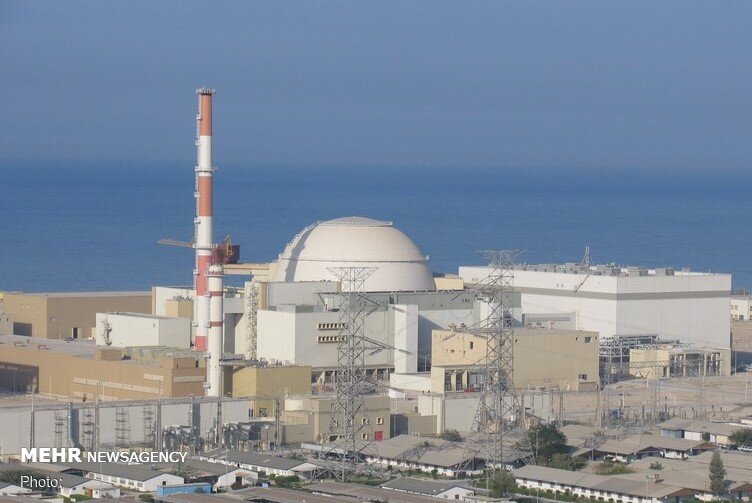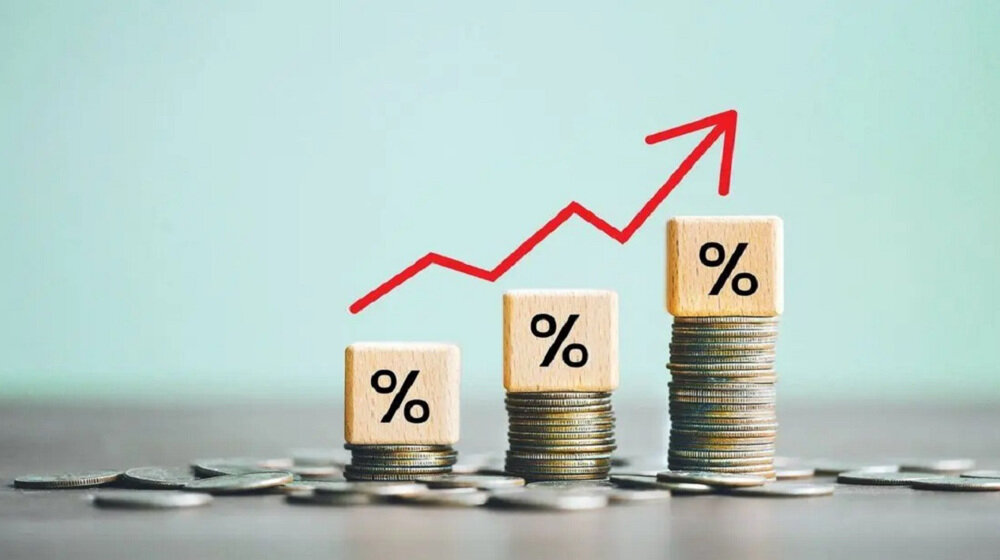
Similar Posts
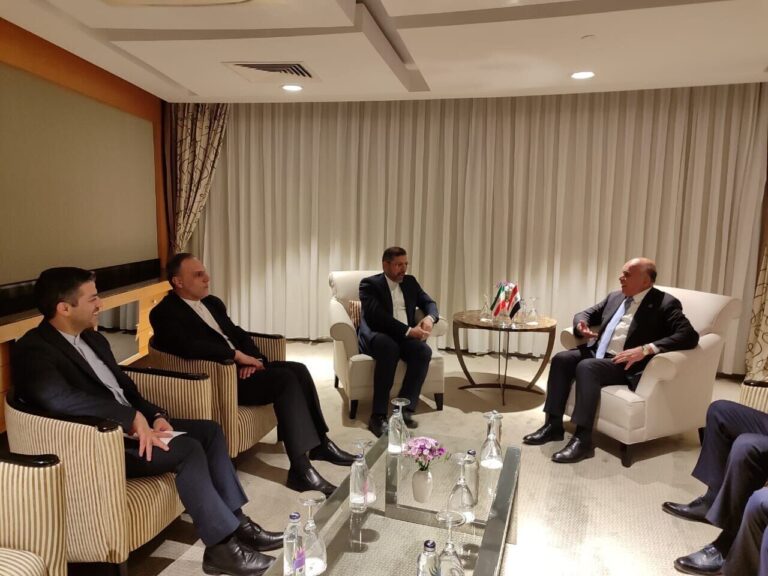
Iran and Iraq Set to Finalize Major Economic Projects: Boosting Bilateral Trade and Investment
Deputy Foreign Minister Saeed Khatibzadeh and Iraqi Foreign Minister Fuad Hussein discussed enhancing economic collaboration, focusing on the Shalamcheh-Basrah railway project, during the Fourth Antalya Diplomacy Forum in Turkey. Their talks addressed key regional political and security issues, including the ongoing indirect negotiations between Iran and the U.S. in Muscat, Oman. The meeting aimed to strengthen bilateral relations and foster cooperation on various fronts, highlighting a shared commitment to regional stability and growth. As discussions continue, the international community anticipates potential new agreements emerging from these diplomatic engagements.
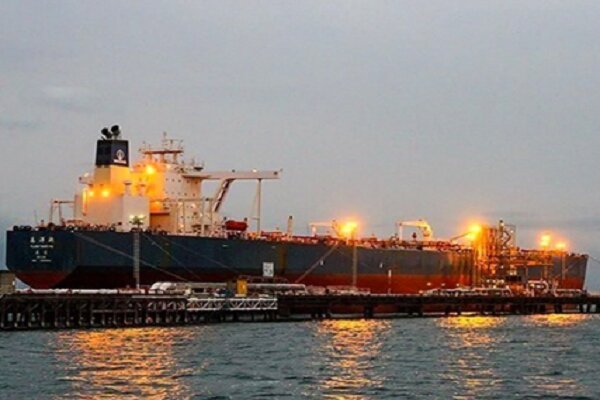
Iran’s Oil Exports to China Surge to Record High in March
Iran’s oil exports to China have surged to a record 1.91 million barrels per day in March, defying the U.S. Maximum Pressure Campaign aimed at reducing Iranian oil exports to zero following the 2018 withdrawal from the nuclear deal. Despite stringent sanctions, China’s demand for discounted Iranian oil and its ability to navigate these restrictions have strengthened trade ties. The increase in tanker activity reflects a robust partnership, suggesting that Iran could further boost exports if geopolitical tensions ease. The dynamics of global oil prices and potential shifts in U.S. policy will significantly influence Iran’s future oil export capabilities.

How Iran-US Negotiations Impact Everyday Life for Ordinary Iranians: No Deal, No Relief
The fluctuating dollar exchange rate has become a significant concern for many Iranians, including the author, who regrets selling all their dollars when the rate was 68,000 tomans, only to see it peak at 102,000 tomans before declining due to US-Iran negotiations. With stagnant incomes and rising costs, renting in Tehran consumes half of their earnings. To secure their finances, they invested in a house outside Tehran, liquidating savings and borrowing to afford it. Despite the declining dollar value offering some comfort, ongoing inflation and the geopolitical climate leave many citizens anxious about their financial futures and the potential effects of diplomatic negotiations.
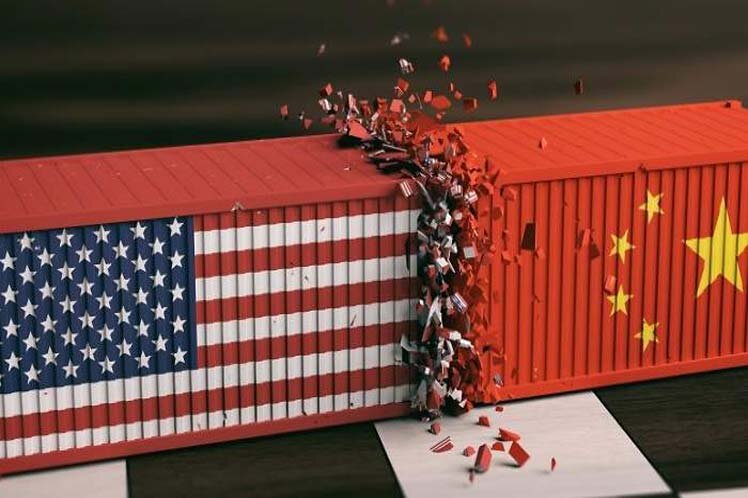
China Unveils 15% Retaliatory Tariffs on US Goods: Trade Tensions Escalate!
China has announced new tariffs on U.S. imports, including 15% on coal and liquefied natural gas, and 10% on crude oil, agricultural machinery, and vehicles, in retaliation for recent U.S. tariff increases. This move, effective February 10, is described as a direct response to what Beijing calls a “unilateral tariff hike” by Washington, which it claims violates World Trade Organization rules. The escalating trade tensions could lead to increased costs for consumers, affect the trade balance, and create market volatility. Analysts emphasize the importance of ongoing negotiations between the two nations for future trade relations.
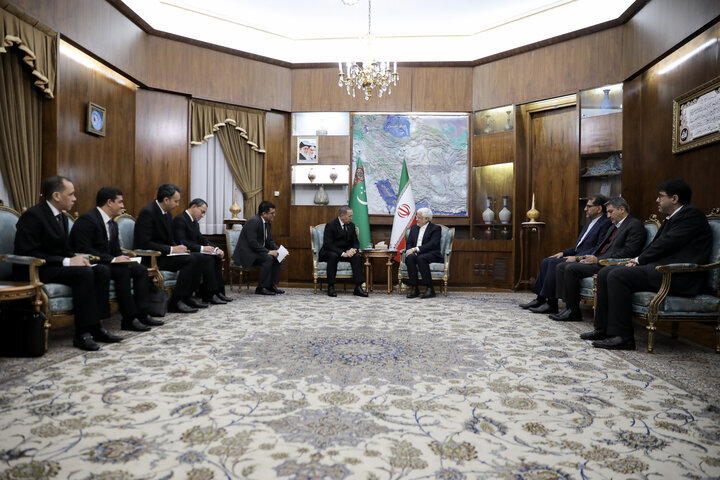
Iran Prioritizes Stronger Ties with Turkmenistan for Enhanced Regional Cooperation
During the 3rd Caspian Economic Forum in Tehran, Iran’s first vice president, Aref, emphasized strengthening ties with Turkmenistan. He affirmed Iran’s commitment to unrestricted relations and swift implementation of signed memoranda of understanding. Aref stressed the importance of expanding trade, particularly in energy, transportation, and tourism, leveraging cultural connections. He called for regular Joint Economic Cooperation meetings to boost economic relations. The forum, attended by leaders from various Caspian nations, serves as a platform for collaboration. Aref’s focus on mutual interests reflects a strategic vision for regional cooperation, promising growth for both Iran and Turkmenistan.
